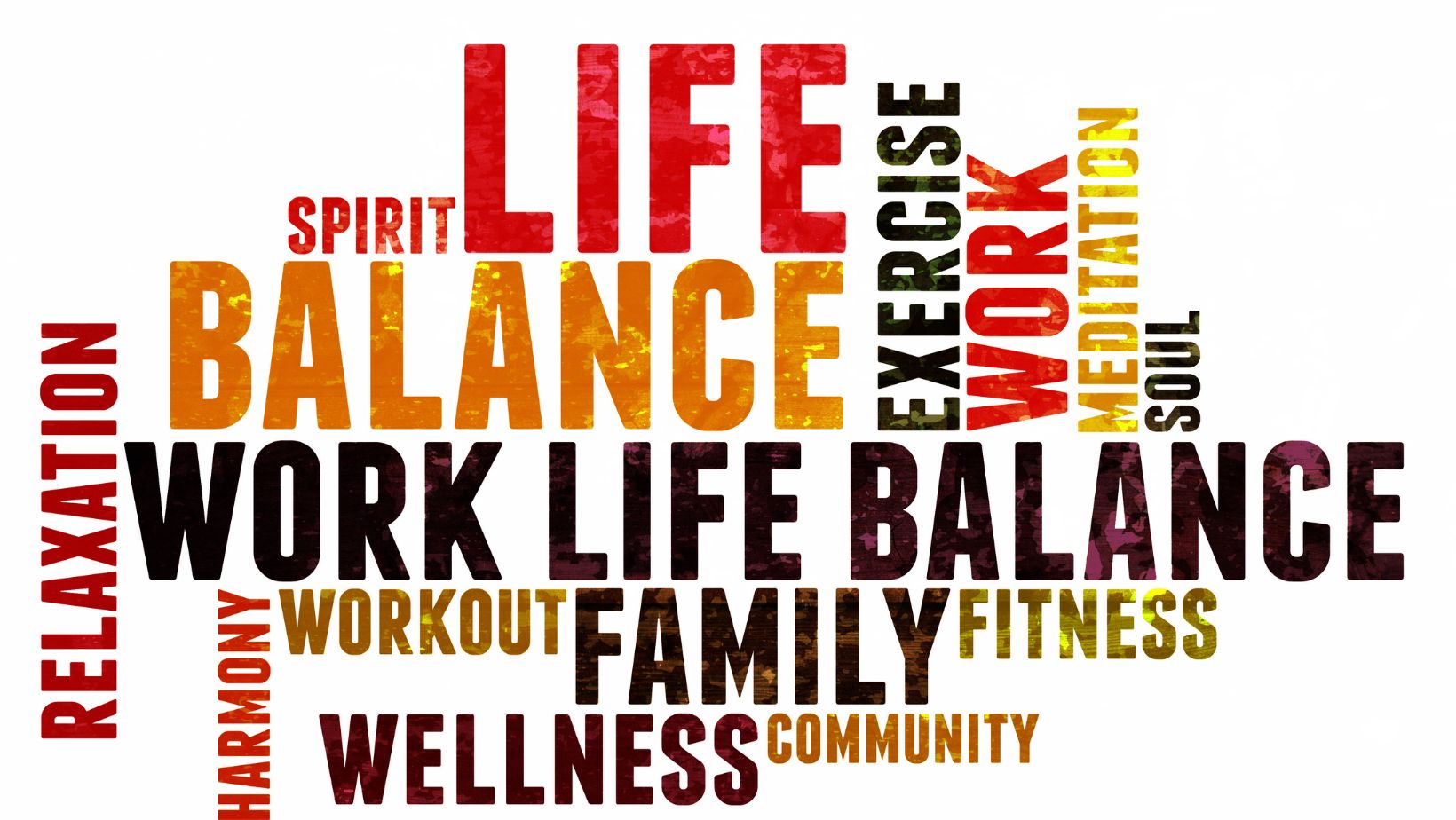In today’s fast-paced work environment, finding a balance between professional responsibilities and personal well-being is crucial. Many employees seek companies that prioritize work-life balance to ensure their overall happiness and productivity. The concept of work-life balance has become a significant factor for job seekers looking to join organizations that value their employees’ well-being.
When considering the best companies for work-life balance, factors such as flexible work hours, remote work options, and supportive company culture play a vital role. Employees are increasingly drawn to organizations that offer benefits and programs designed to help them maintain a healthy balance between work and personal life. Finding a company that understands the importance of work-life balance can lead to increased job satisfaction and overall well-being for employees.
Best Companies For Work Life Balance
Defining Work-Life Balance

Work-life balance refers to the equilibrium between professional responsibilities and personal endeavors. It involves managing one’s time effectively to ensure that work commitments do not overshadow personal life, and vice versa. Employees strive for work-life balance to prevent burnout, enhance productivity, and maintain overall well-being.
Why Work-Life Balance Matters
Achieving work-life balance is crucial as it significantly impacts an individual’s mental and physical health, job satisfaction, and productivity. Companies that prioritize work-life balance foster a positive work environment, leading to increased employee engagement, retention, and loyalty. Employees are more likely to thrive in organizations that support their well-being, resulting in a harmonious blend of work and personal life.
Criteria for Evaluating Companies
Company Culture and Values
Employee well-being is often a reflection of company culture and values. It’s essential that companies prioritize a positive work environment that fosters a healthy work-life balance. Organizations with supportive cultures tend to encourage open communication, respect diversity, and promote work-life integration. By aligning values with employee well-being, companies can create a conducive atmosphere that enhances work satisfaction and overall productivity.
Employee Benefits and Perks
Employee benefits and perks play a crucial role in enhancing work-life balance within organizations. Companies that provide comprehensive benefits such as health insurance, wellness programs, paid time off, and family-friendly policies demonstrate a commitment to supporting their employees’ overall well-being. These benefits not only contribute to job satisfaction but also help employees maintain a healthy work-life equilibrium by addressing their various needs, from health and financial security to personal development and leisure activities.
Top Industries for Work-Life Balance
Technology Sector

In the technology sector, work-life balance is a key focus for many companies. With the rise of remote work options and flexible schedules, employees in this industry often have the freedom to manage their work hours effectively. Tech companies like Google, Microsoft, and Salesforce are known for prioritizing their employees’ well-being by offering perks such as on-site gyms, wellness programs, and mental health support. The implementation of initiatives like mindfulness workshops and unlimited vacation policies also contribute to creating a positive work environment that values work-life balance.
Healthcare Industry
Work-life balance is increasingly gaining importance in the healthcare industry, where professionals face demanding work schedules and high levels of stress. However, many healthcare organizations are actively addressing these challenges by introducing initiatives to support their employees’ well-being. Hospitals and healthcare facilities are implementing flexible scheduling options, mental health resources, and employee assistance programs to help staff maintain a healthy work-life balance. Companies like Mayo Clinic and Cleveland Clinic are recognized for their efforts to promote work-life balance among healthcare professionals.
Education and Non-Profit Organizations
In the education and non-profit sectors, promoting work-life balance is essential to retaining employees and ensuring their overall well-being. Educational institutions and non-profit organizations are incorporating flexible work arrangements, wellness programs, and professional development opportunities to support their staff members. Universities like Stanford and Harvard prioritize work-life balance by offering benefits such as parental leave, childcare support, and resources for mental health. Non-profit organizations such as the Red Cross and World Wildlife Fund also focus on creating a work culture that values the personal lives of their employees, leading to higher job satisfaction and retention rates.
